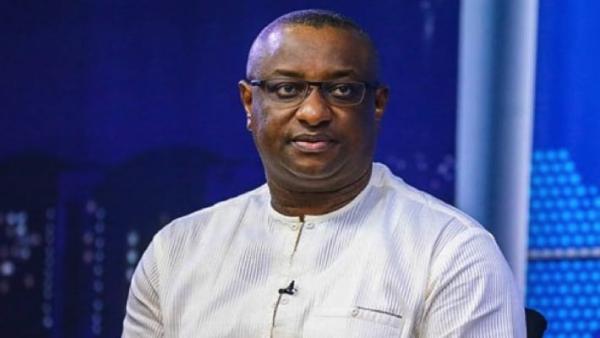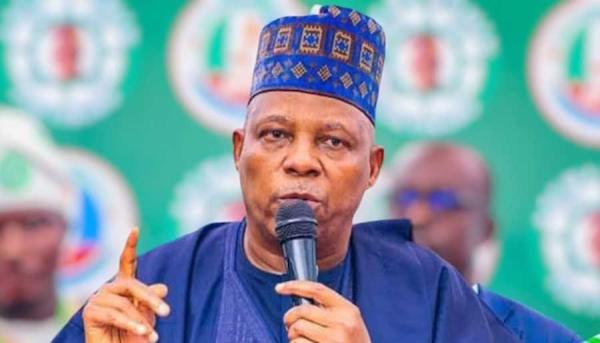
Nigeria’s Vice President, Prof. Yemi Osinbajo has said the Federal Government’s N2.3 trillion stimulus package is designed to mitigate the shock, tackle the vulnerabilities, create and protect jobs, as well as rescue businesses and reposition the economy.
Osinbajo spoke while delivering a keynote address at the 61st annual conference of the Nigerian Economic Society (NES), themed “African Continental Free Trade Area (AfCFTA) in Post COVID-19 Era: What Next for Nigeria?”
“Our projections showed that without the stimulus, the economy was set to contract by -4.4% in 2020, but with implementation, including ramping up local production, we should be able to limit the negative growth to -0.59%.
“Let me be clear, our desire to ramp up local production is not a call to autarky but rather an expenditure switching approach which can complement the AfCFTA desire to deepen regional value-chains,” said.
Referring to Nigeria’s experience with the COVID-19 pandemic, Osinbajo said, “indeed, one thing that has become clear from our experiences of the last few months is the need for a vibrant and successful AfCFTA.
“The pandemic has exposed our dependence on commodity exports to other parts of the world and on the import of manufactured goods from them. As at 2017, intra-Africa trade in goods was $135 billion, which was just about 15% of Africa’s total trade. This is in sharp contrast to trade in other regions, which is as high as 70% in the European Union and 60% in Asia.
“The imposition of export bans, including on food items by some countries and the disruption of global supply chains at the height of the pandemic, showed just how exposed and vulnerable African countries are because of limited productive capacity and a lack of regional value chains.”
The Vice President then noted some of the proactive steps taken by the Federal Government to participate effectively in the AfCFTA.
Osinbajo, however, said, one of the many ways by which Africa could maximize its benefits was to ensure that trade negotiations with the rest of the world be based on the free trade agreement rather than deals separately endorsed by regional economic blocs.
According to him, “One important objective of the AfCFTA is to overcome the economic fragmentation of the continent by bringing the regional economic blocs together in a common arrangement. This being the case, African countries should look to negotiating trade treaties with other parts of the world on the basis of AfCFTA rather than through arbitrarily designed regional blocs. African countries should not allow themselves to be lured into arrangements which do not serve their long-term development objectives.”
Speaking further about how the agreement could bolster trade and development on the continent, the Vice President said, “we must, of course, continue to bear in mind, especially here in Nigeria that the AfCFTA is not a magic wand that automatically brings about growth and prosperity.
“The reality is that if care is not taken, trade liberalization can expose the Nigerian economy to unfair competition and sharp trade practices, with adverse consequences for our producers who might have to close down their businesses, and for our workers who would then lose their jobs.
“Successful implementation of the AfCFTA requires financing to address various implementation challenges and to promote arrangements in support of integration. For instance, in addition to making up for potential losses of tariff revenues, African countries will face implementation costs, including undertaking reforms, establishing new trade-related bodies, improving and upgrading existing facilities.
“Finding the resources to undertake these activities at a time like this when we lack fiscal space will, of course, prove to be very difficult for Nigeria and other African countries. Our economists should accordingly help to come up with innovative financing solutions for our economies.”






















